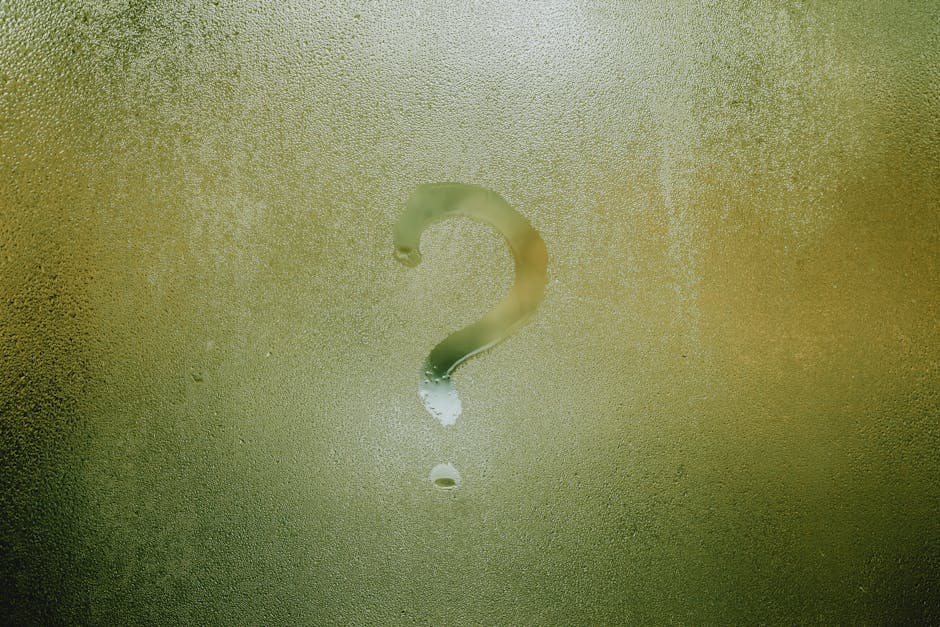Understanding the Pope: Meaning, Role, and History of the Papacy
The term “Pope” evokes powerful images: a figurehead of global Catholicism, a spiritual leader for over a billion people, a historical influencer shaping centuries of Western civilization. But what does the word “Pope” actually mean, and what is the true extent of the Pope’s role and influence in the modern world? This comprehensive guide delves into the history, significance, and multifaceted meaning of the papacy, exploring its evolution from humble beginnings to its current position on the world stage.
The Etymology and Meaning of “Pope”
The word “Pope” itself has ancient roots. Derived from the Latin word “papa,” meaning “father,” it initially held a more general meaning. In early Christianity, “papa” was a term of endearment used to address any respected priest or bishop. However, over time, its usage became increasingly associated with the Bishop of Rome, solidifying its association with the supreme head of the Catholic Church.

This evolution wasn’t immediate or without contest. The title’s gradual adoption as the exclusive designation for the Bishop of Rome reflects a complex power struggle within the early Church and the slow consolidation of authority in Rome. The formal adoption of “Papa” as the title is closely tied to the growth of the papacy’s influence and its assertion of supreme authority over other bishops and churches.
The Pope’s Role: Spiritual and Temporal Power
The Pope’s role is multifaceted and deeply influential. As the supreme spiritual leader of the Catholic Church, the Pope is considered the successor of Saint Peter, one of Jesus’s twelve apostles. This claim to apostolic succession underpins the Pope’s authority to teach and interpret Catholic doctrine, a role central to the Church’s governance and theological discourse.
The Pope’s responsibilities extend beyond theological matters. He appoints bishops worldwide, oversees the liturgical life of the Church, and guides the efforts of numerous Catholic organizations involved in charitable work, social justice initiatives, and missionary endeavors. The Pope’s pronouncements on moral issues, social justice, and world affairs often carry significant weight and influence global discussions.
Historically, the Pope also held considerable temporal power, ruling the Papal States, a significant territory in central Italy, for centuries. While the Papal States were lost in the 19th century, the Pope’s influence on global politics remains substantial, often acting as a mediator in international conflicts and advocating for peace and human rights.
A Historical Overview of the Papacy
Understanding the meaning of “Pope” requires understanding the historical development of the papacy. The early Church saw a gradual centralization of authority in Rome, initially due to the city’s importance as a major center of the Roman Empire and its historical ties to the apostles Peter and Paul. Over time, the Bishop of Rome’s pronouncements carried increasing weight, eventually leading to the assertion of papal supremacy.

The Middle Ages saw the height of papal temporal power, with Popes engaging in significant political maneuvering, often clashing with secular rulers over jurisdiction and authority. This period witnessed the Investiture Controversy, a major conflict between the Papacy and the Holy Roman Emperors over the appointment of bishops, showcasing the struggle for ultimate power in medieval Europe.

The Reformation in the 16th century significantly impacted the papacy, leading to a schism within Christianity and prompting internal reforms within the Catholic Church. The Counter-Reformation saw a renewed emphasis on papal authority and a strengthening of the Church’s organizational structure.
The modern era has witnessed further evolution in the papacy’s role. The loss of temporal power in the 19th century shifted the focus to spiritual leadership and engagement with a rapidly changing world. Recent Popes have addressed crucial global challenges, emphasizing themes of social justice, ecumenism, and interfaith dialogue.
Challenges and Controversies Facing the Papacy
The papacy, despite its enduring influence, faces various challenges. These include internal divisions within the Church, the decline of religious practice in many parts of the world, and criticisms regarding the Church’s handling of issues like sexual abuse scandals. These controversies have tested the papacy’s authority and necessitated significant reforms and responses.
Furthermore, the papacy must navigate the complexities of a globalized world marked by increasing secularization, diverse perspectives on morality, and intense political polarization. The Pope’s pronouncements on global issues continue to generate debate and discussion, highlighting the enduring impact of the papacy’s role in shaping public discourse.
The Future of the Papacy
The future of the papacy remains uncertain, yet its enduring influence is undeniable. The Church’s ability to adapt to the changing socio-political landscape and address contemporary challenges will significantly shape the papacy’s role in the 21st century. The ongoing dialogue surrounding the Church’s relationship with modern society, its engagement with other religions, and its response to internal controversies will be crucial in defining the future meaning and impact of the Pope’s authority.
In conclusion, the meaning of “Pope” transcends a simple definition. It represents a complex tapestry woven from history, theology, politics, and social influence. Understanding the Pope requires examining the historical development of the papacy, its evolving role in the world, and the numerous challenges and controversies that continue to shape its influence.
